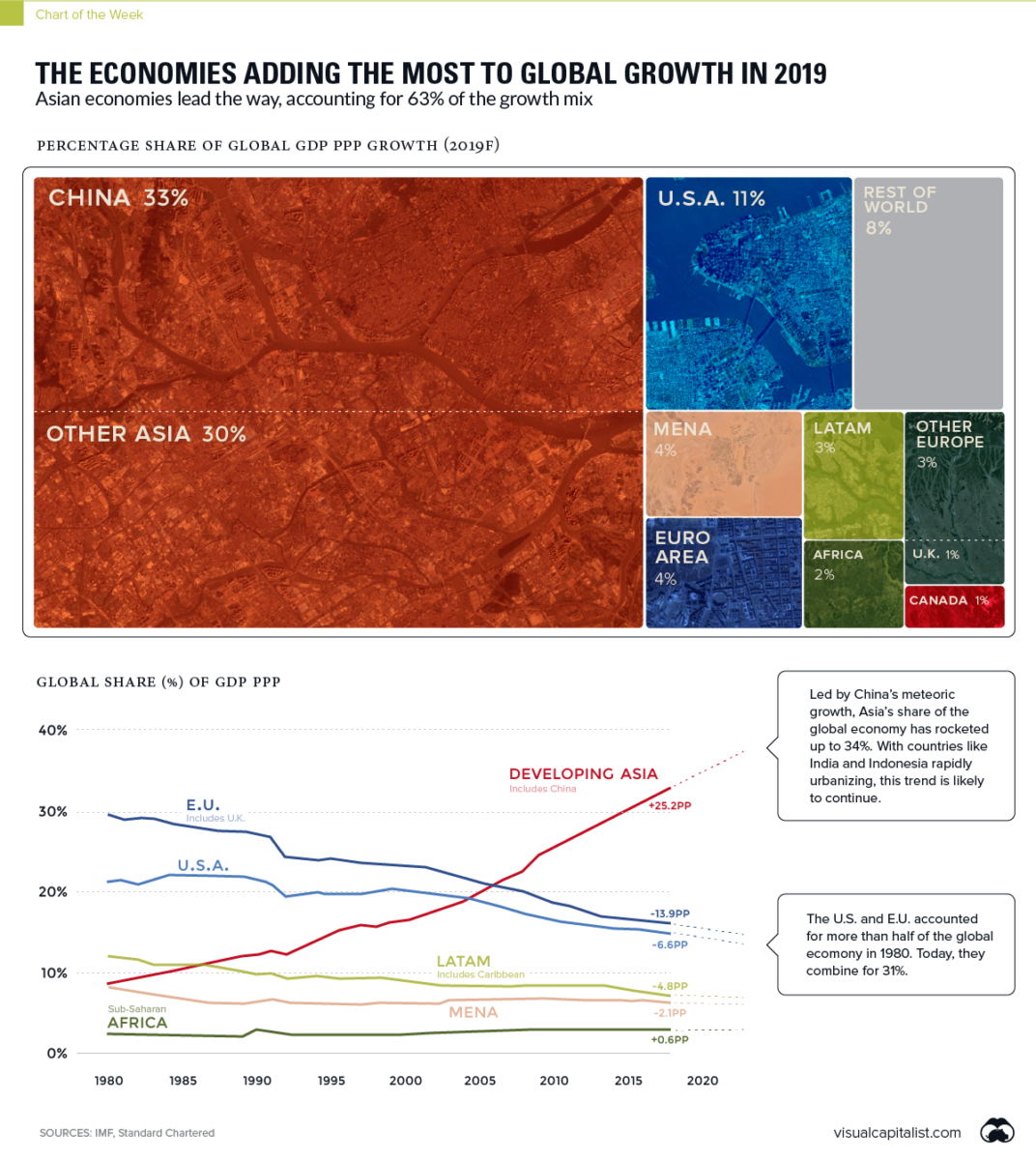 I’m running a little late on this one as I found out Friday night that I had to be out of my place Tuesday. My landlord was not up to fire code, and the city was (is) going to shut the place down on Tuesday. So, a scramble to find a new place, though in the end I found something nicer in a better location.
I’m running a little late on this one as I found out Friday night that I had to be out of my place Tuesday. My landlord was not up to fire code, and the city was (is) going to shut the place down on Tuesday. So, a scramble to find a new place, though in the end I found something nicer in a better location.
Right then, Mueller. I haven’t written much about “RussiaGate.” There are other people who have done a better job, taken a closer look.
The Barr letter (pdf) summarizes the finding. Mueller found that the Trump campaign was not engaged in a conspiracy with Russia to steal the election, although the Russians did try to effect the election. He punted on whether Trump was guilty of obstruction of justice, and Barr, as one would expect, decided that obstruction had not occurred.
I’m not going to go into the weeds on this. Trump is clearly corrupt and clearly meets the emoluments bar for impeachment.
I never liked RussiaGate, for a number of reasons:
The DNC Hack Information Was Correct
I think that for ordinary people the fact that the DNC was trying to fix the primary for Clinton over Sanders is actually more important that the fact that the scuzzy behavior was discovered by hacking.
Mueller Is a Republican
I really don’t understand this fetish for thinking Daddy Republicans will take down other Republicans. I’m not saying Mueller is corrupt or looked the other way, but why keep expecting Republicans to do your job for you?
It Distracted from Real Problems
Clinton just ran a bad campaign. She didn’t campaign in the key post-industrial battleground states which cost her the election and she ceded the populist economic argument to Trump, among a number of errors. She just isn’t a good campaigner. She lost a Primary to Obama which was hers to win, she lost against Trump, the Presidential candidate with the highest negatives of any candidate since polling. She was just a bad candidate.
But more to the point, acting as if Trump was more important than bad campaigning, gerrymandering and voter suppression puts attention away from issues that Democrats could actually learn from and do something about onto a spooky “evil” foreigner. The demonic Putin, who despite leading a state which is much smaller than the US, the EU, or China in terms of population and GDP, is apparently the Dark Lord reborn and from whom all bad things follow.
If Russian interference made the difference it made the difference because the election was so close that everything made the difference, and because there were real American problems (and wrongdoing at the DNC) to exploit.
Russiaphobia Is Baaadddd
Russia may be a declining great power, but it is still a great power with a LOT of nuclear weapons and one into whose sphere of influence the US has been aggressively pushing. A lot of Russians genuinely think America wants war with them. They’re scared.
And, yeah, a scared declining great power with a lot of nukes is… baaaaddddd.
Concluding Remarks
Trump is corrupt and has engaged in illegal activity. Mueller was never needed to prove that, because he does much of it openly. He never did get rid of the Magnitsky sanctions, which is mostly what Russia wants (and which I think should be gotten rid of), and when you look at substantive actions has done little that is good for Russia. I actually would like better relations between the US and Russia, to avoid war and possibly nuclear war and so on, so I think this is bad, but it’s all a sideshow.
If Democrats want to impeach Trump, you can do it now. Can’t convict in the Senate, but he’s clearly guilty and they can drag him through the mud any time they want: He’s corrupt and rotten to the core. (In ways that are more obvious than Obama’s terrible corruption, because Obama waited to be paid off until after he was out of office, just like Bill Clinton.)
Russiagate, whatever validity it has, was always bad politics and a way of avoiding real problems. Democrats need to stop expecting Daddy Republicans and the FBI to save them and take steps to win and defeat Trump themselves.
The results of the work I do, like this article, are free, but food isn’t, so if you value my work, please DONATE or SUBSCRIBE.
 So, Biden has someone accusing him of inappropriate touching.
So, Biden has someone accusing him of inappropriate touching.
 I’m running a little late on this one as I found out Friday night that I had to be out of my place Tuesday. My landlord was not up to fire code, and the city was (is) going to shut the place down on Tuesday. So, a scramble to find a new place, though in the end I found something nicer in a better location.
I’m running a little late on this one as I found out Friday night that I had to be out of my place Tuesday. My landlord was not up to fire code, and the city was (is) going to shut the place down on Tuesday. So, a scramble to find a new place, though in the end I found something nicer in a better location.
 I’ve always felt that the last thing which came out of Pandora’s box, hope, was the worst thing to come out. People wouldn’t put up with the evils of the world so readily if they didn’t feel hope.
I’ve always felt that the last thing which came out of Pandora’s box, hope, was the worst thing to come out. People wouldn’t put up with the evils of the world so readily if they didn’t feel hope.